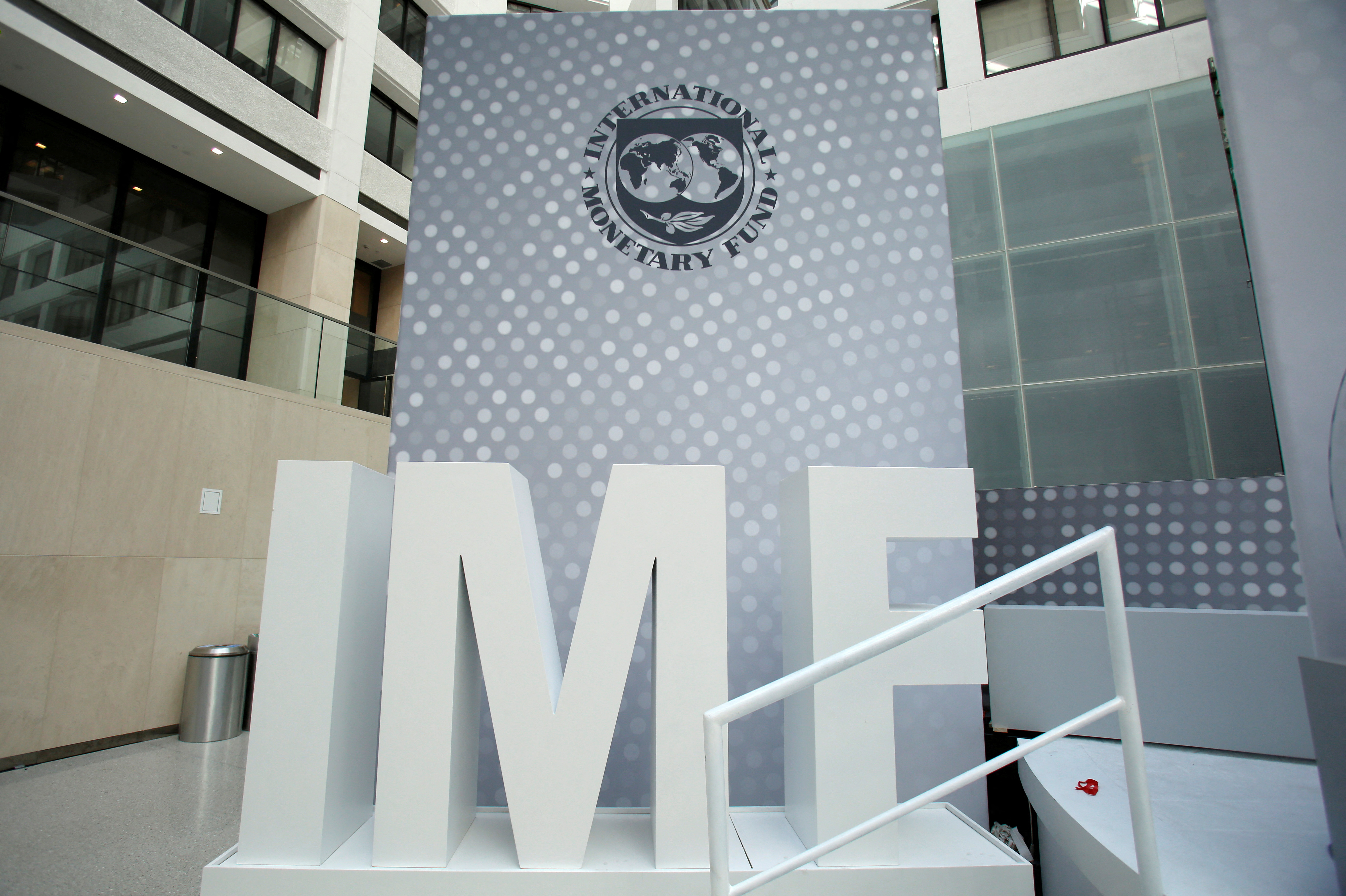The leaders of unions representing public employees – teachers, civil servants, national guard officers, police, hospital doctors, nurses – met on Tuesday to discuss a study about public sector payroll drafted by the IMF. The representatives of Cyprus’ labour aristocracy were concerned about some of the IMF’s suggestions which they “reject in their entirety because these are made within the framework of the standard practice for the downgrading of the rights of workers.”
The unions said they would seek a detailed briefing about the content of the study from the finance ministry, an unnecessary exercise considering the unions had rejected all the fund’s suggestions. They had also been given assurances by the finance minister, an announcement said, that “there was no issue of reduction of rights and benefits of public employees.” These rights and benefits are more accurately described as ‘privileges’, but in Cyprus, public employees being entitled to annual pay rises plus CoLA regardless of performance and productivity is a right.
In the event the government shows any inclination to adopt the suggestions of the IMF, the unions unanimously decided they would immediately take “dynamic” measures. These are open threats by the unions, in effect telling the government not to touch the public payroll because it will be faced with automatic industrial action. It may be a warning to the finance minister, who had said he would seek external advice on ways to rationalise the public payroll. Perhaps the minister has scrapped this plan fearing the unions’ reaction.
Union bosses not only issued warnings to the government on Tuesday, they also reiterated their determination to have CoLA fully restored (at present only 67 per cent of the cost of living index is as added to their wages) and extended to private sector workers. To show that they are not only interested in defending the privileges of the labour aristocracy they represent, the caring union bosses also came up with a suggestion to help the second-class workers of the private sector.
To cover the wage discrepancy between the public and private sector, the union bosses said, “the solution is not the reduction of wages and benefits in the public sector, but the improvement of the corresponding in the private sector.” How do they propose this happens? Should the government ignore the laws of supply and demand and issue a decree raising wages and benefits in the private sector? And when companies go bankrupt because they have become uncompetitive or do not have the financial capability to pay the government-imposed wages, will the taxpayer bail them out? Or perhaps all the workers made jobless, as a result of the wage increases, will be hired in the public sector.
It really defies belief that the government is being urged to ignore the advice of the highly qualified economists of the IMF and follow instead the advice of union bosses, whose ignorance of economics is regularly on show, in the defence of their members’ privileges.







Click here to change your cookie preferences